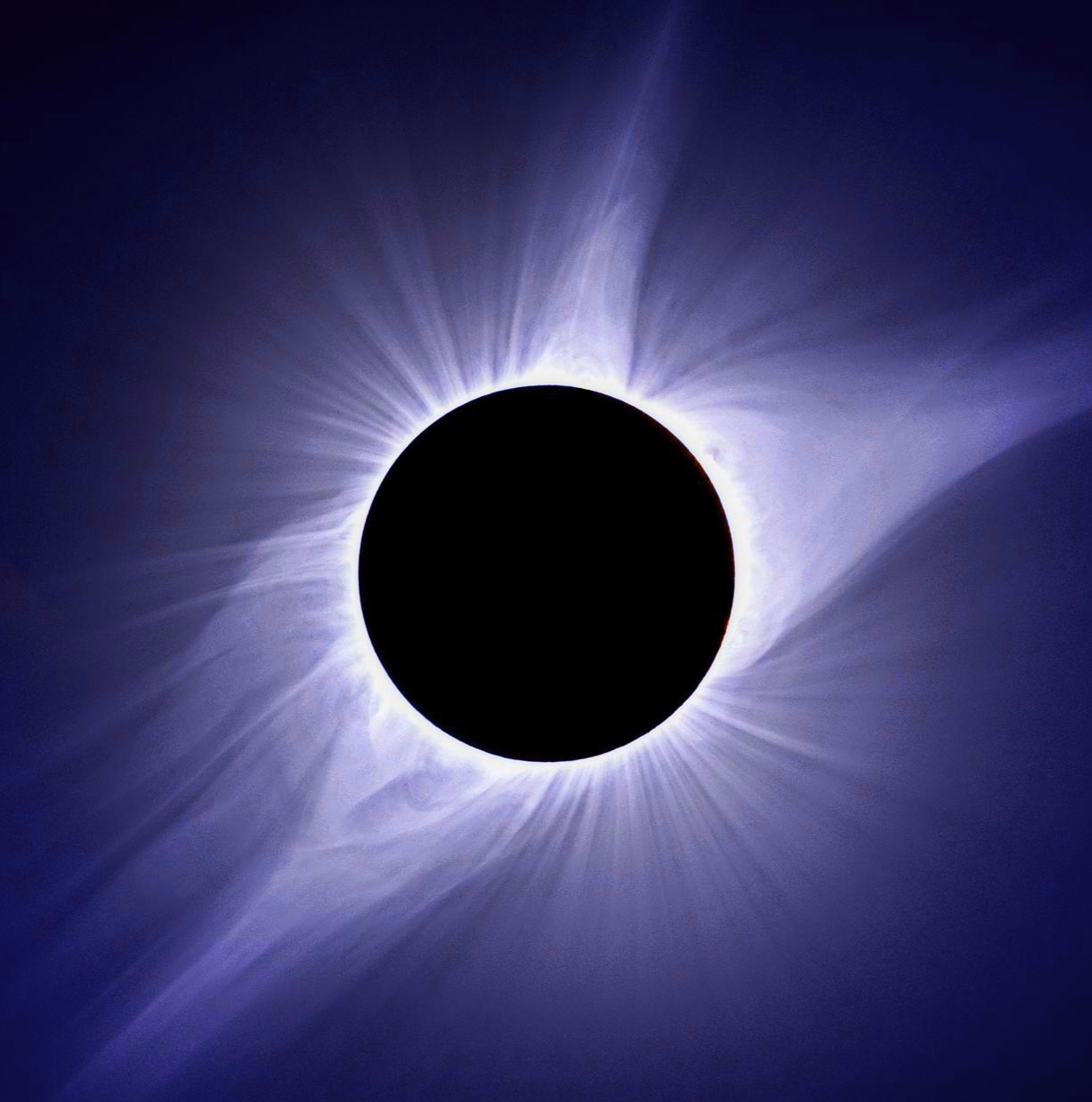From my POV on Earth, I hope it happens in my lifetime.
Same.
I don’t plan on dying (not much choice in the matter anyway, as a tentative believer in the quantum immortality clause of the many worlds theory), so I’m looking forward to it regardless. However, I would love to share the experience with my family, so if it goes off in the span of a typical lifetime from now, that’s even better.
Dr. Becky had a great segment about this in her video yesterday!
Excellent video! I loved how she picked apart the figures in the video and gave some additional context.
I can’t recommend her channel enough, her videos are fantastic.
Many people are asking from which point of view. It’s always from our point of view, the observer. So they mean we might see it in a few decades, it will then have happened ~600years ago
While this is far from definitive, as stated in the article, it sure is damned exciting. Never mind solar eclipses, when was the last time a supernova was visible to the naked eye? I’ve read estimates that when Betelgeuse goes off, it might be bright enough to be visible during the daytime. That’s wild.
Wow, I haven’t clicked on a source with literal pages of straight math equations in a long time. Really gives some good perspective on the difficulty of astronomy.
I really don’t like how science communication is typically done, which is all of the math is stripped out, and all the ideas are told as if they were thought experiements, and it makes it easy to get the impression that what scientists do all day is just think abstractly about stuff.
So that’s why I linked the preprint directly. Just note that this is a preprint, and it hasn’t yet been peer-reviewed, and, of course, not all of the work is shown in any article, even a scientific one.
As someone in a scientific field, I really appreciate an actual paper making it to the front page! Thanks for posting!
(also my very first comment on my beehaw 😎)Happy to have you in the community!
Also, I actually have a large variety of interesting research papers saved, and I’d be more than happy to share some of the open access ones on here if people are into that. They’re typically not as up-to-the-minute as this one though.
Yeah I took a few Astronomy classes as electives in college. Astronomy is NOT easy or simple at all. Lots and lots of very complicated math and extrapolation from limited data happen there.
I wonder how wildlife will react to having a second light in the night sky.
That’s a super interesting question. The most recent supernova in our galaxy was Kepler’s Star in the early 1600s. However, that supernova was over 20,000 lightyears away. This one will be over 33 times closer and, assuming a similar luminosity of the explosion, 1100 times brighter (due to 1/r^(2))
Kepler’s Supernova had an apparent magnitude of about -2.5, so Betelgeuse’s supernova will be about
-5.5(According to wikipedia, it’s expected to be -12.4) For reference, the moon is -12.7, and the sun is -27. So it will be a bright boy.I do not know if wildlife reacted much to the Kepler Supernova, but it is possible. You might be able to find records on the fact if you go digging.
Thanks for the explanation, it is very clear. I am ready for Moon 2.0
How bright will it be? Will we lose complete darkness at night? That would be a huge bummer.
It’ll be about as bright as a full moon, but obviously it won’t be as big. The light will be concentrated in a much smaller point. It’ll “drown out” some of the other stars you would usually be able to see, but the night won’t suddenly be super bright at all times.
Moths will be vexed.
Big (explosion) if true
Good, I hate waiting.
This is incredible! It seems like there’s going to be a noticeable change in the night sky! As someone who’s just getting into astrophotography, I wonder if it’s something I’ll be able to capture.
can someone explain if the light of its supernova will reach us in our lifetime?
Yes. Because if it’s due to go supernova in the next few decades from our point of view, then it has already gone supernova in its own frame of reference, and the light from it is currently enroute. The star is 600 lightyears away.
is it from our own point of view or its point of view? other guy said the opposite lol. idk what to believe
It’s always from our PoV.
We have no idea and no way of knowing what’s actually happening 600 ly. away, right now.
All our measurements are based on the light and radiation we can observe from here. We have no sensors close to it.
So if the paper is calculating supernova in couple of decades, it means the star actually went supernova 600+ years ago.Even if we did have a satellite in orbit around Beetlejuice, its data would take just as long to reach us as the light from the star itself.
This relatively business is annoying. I suggest we just get rid of the whole thing and go back to the ether.
Ok! Thats what i assumed but the other guy said something else. I should have been able to guess based on the fact that nothing is faster than light, but oh well.
Astronomy is done from the observer’s point of view.
I might be absolutely wrong though, I don’t really know anything… I just checked how far away it is… but if it has gone supernova already, then we might have a chance to see it? That would be amazing.
There is no way for us to have any information whatsoever about an object until the light (ie, information) has reached us. For all intents and purposes, from our local reference frame, it hasn’t happened until we observe.it.
well TIL
‘a few tens’ - so approximately 30 years, give or take a decade or two?
Hard to say for certain. We’ve never witnessed the death of a star up close before, and it’s difficult to know exactly how much carbon is left, and the time left depends very strongly on the fraction of carbon left, the exact mass of the star, and even the rotational velocity of the star. There were four models evaluated, and presented in Table 2 of the paper, and if we connect this to Figure 6 we can get a rough estimate of the time remaining. From the lower values in models A and B we are close to only 10 years left, but the largest value in D is closer to almost 100 years left. The model C corresponds to about 30 or 40 years left. Though this interpretation is from “eyeballing” the graphs, not any real calculations.
This is awesome, I’ll be waiting eagerly to see it.
We can only view it from where we are in spacetime , and thus all the date we have on it is from our own reference frame. Any predictions about its fate are based on OUR viewpoint, not that of a point many light years away.
There is literally no way for us to know if it has “already” gone supernova. That reality has not reached us yet, and is therefore nonsensical to talk about.
According to google it’s 642 Light years away. As in, it takes 642 years until the light reaches us. So you probably won’t live to see it.
That’s not how this works. Our estimates are based on our observations, that are also 642 years late. So if it’s going to blow up in say 30 years, in reality it already gone supernova 612 years ago, and we’re only gonna see it in 30 years.
cool, thanks i didn’t know that















